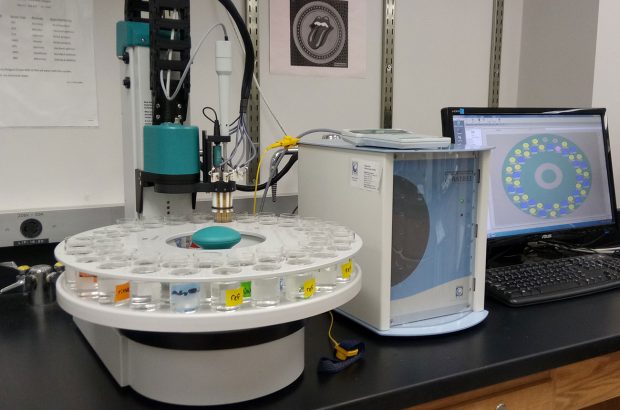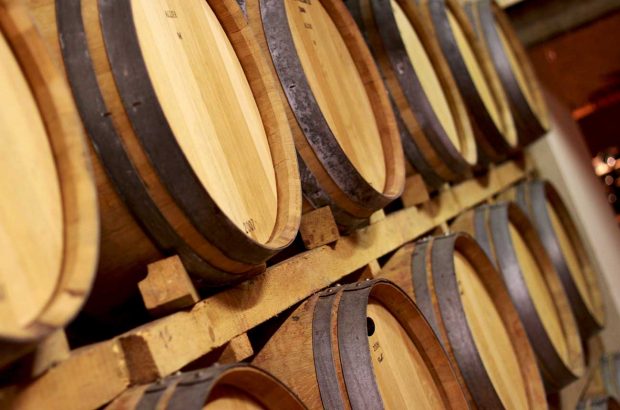A growing number of wine experts are including a tannin scale - the Total Polyphenol Index - in their assessment of wines. But what exactly do they mean?
What is the tannin scale? – Ask Decanter
The Total Polyphenol Index – or Indice de Polyphénols Totaux (IPT) – measures the quantity of tannins in a wine.
‘It’s not an exact science by any stretch,’ said Decanter‘s Bordeaux en primeur taster, Jane Anson.
‘Because it measures quantity, not quality – so doesn’t really tell you what the tannins are going to feel like.’
‘In the Bordeaux 2016 vintage, for example, high tannin counts do not always equal wines that are difficult or drying to taste, because the tannins are so soft,’ said Anson.
Not everyone uses the IPT. Château Mouton Rothschild, for example, tends to measure tannins in weight. Anson reports that Mouton’s d’Armailhac 2016 actually has more tannic weight than than in 2010, at 4.5g compared to 4g. ‘[But] you don’t feel it because the grain of the tannins is so fine,’ she said.
-
Why does Bordeaux en primeur happen in the spring? – ask Decanter
-
Why do pH levels matter in wine? – ask Decanter
-
Tasting notes decoded
What is the ‘ideal’ point on the tannin scale?
‘There’s no ideal really – in most vintages, classic Bordeaux left bank estates are between 65 and 80,’ said Anson.
‘When you see numbers in the 90s and 100s, like this year, then you know it was a vintage where grapes got very ripe, so the polyphenol count was high.’
Tannins are key for structure in a red wine, particularly for wines that are intended to age a long time.
In the ageing process they can evolve from feeling coarse to having a silky quality, as they become more integrated in the wine.
‘Apparently average IPT has risen 20% since 1982 – along with alcohols I presume.’
-
Got a question for Decanter’s experts? Email us: editor@decanter.com or using #askDecanter
More questions answered:

Why do pH levels matter in wine? Ask Decanter – Decanter
Why does pH matter?

How to understand phenolic ripeness – ask Decanter
What exactly is phenolic? Justin Howard-Sneyd MW answers that question for Decanter.

The timing of Bordeaux en primeur – ask Decanter
Why does it take place in the Spring...?

How to let a wine breathe, and when – Ask Decanter
Does it make a difference...?

How to aerate young wines – ask Decanter
Sometimes the simplest methods are the best...





